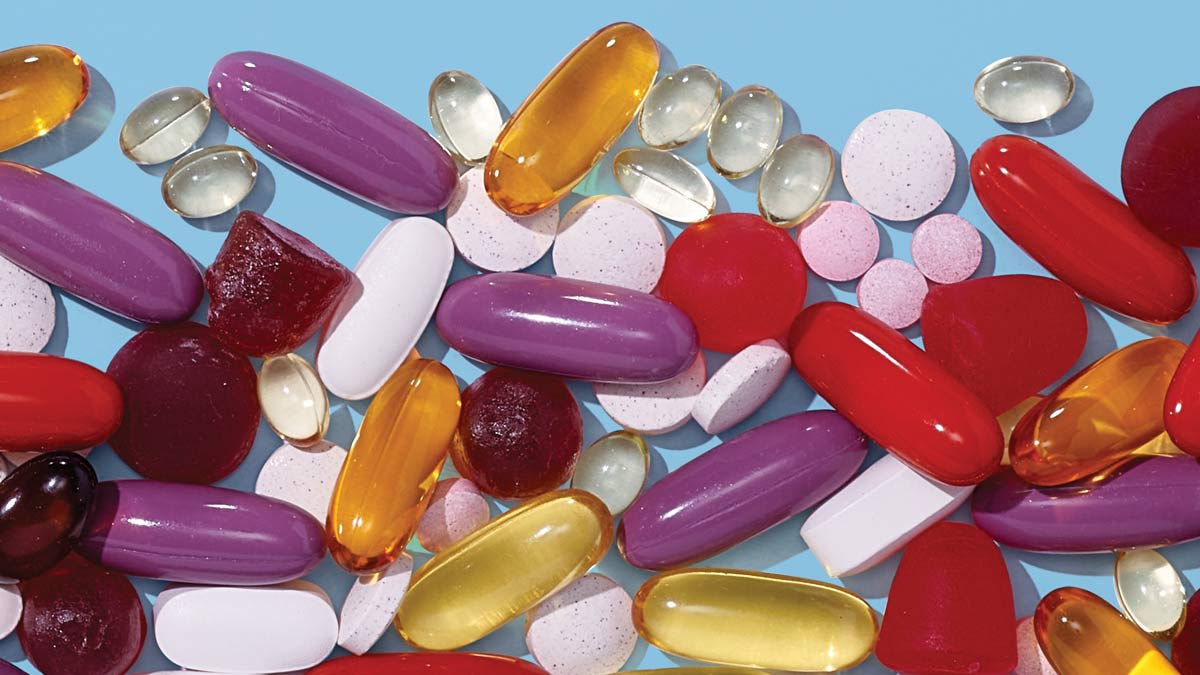
In a marketplace riddled with misleading ads, consumers need partners they can rely on. CR is dedicated to earning that trust by looking out for you.
One-third of Americans assume the supplements they find in stores have been tested by the Food and Drug Administration for safety, according to a 2022 CR nationally representative survey (PDF). But unlike prescription and over-the-counter drugs, the FDA doesn’t review, approve, or test supplements sold in the U.S. before they enter the marketplace. Federal regulations also don’t generally require supplement makers to prove their products are safe.
Instead, the FDA relies on a database of reports submitted by consumers, healthcare practitioners, and manufacturers to learn about potentially dangerous supplements. But researchers estimate that only about 2 percent of “adverse events” possibly related to these products are ever reported. Nevertheless, dietary supplements are linked to over 20,000 emergency department visits every year and have even been linked to deaths in some cases. Consumers deserve a system that protects us from harm—not a database offering lax oversight only after the fact.
Until we get the regulatory reforms we need, CR is stepping in to shed light on the supplement market. “7 Supplements That Might Actually Help You” examines which may offer benefits and which you should skip. We also dive into the steps you can take when choosing products in the store, like looking for a certification seal from the U.S. Pharmacopeia, which sets the most widely accepted dietary supplement standards.
Some supplements are worth trying, but too many marketers in this industry prey on the vulnerability of consumers seeking real ways to improve their health. CR is here to help you navigate the dangers and find what’s right—and safe—for you.









